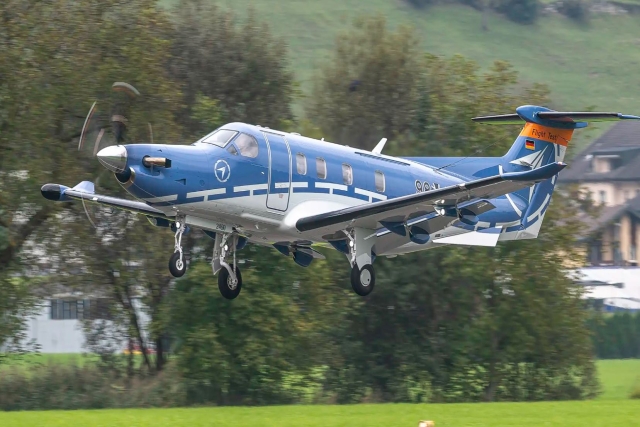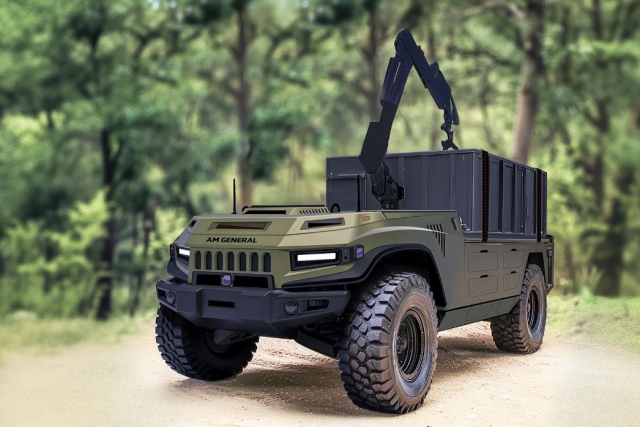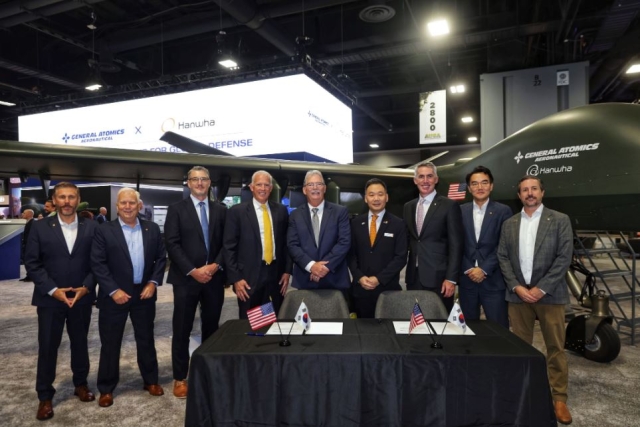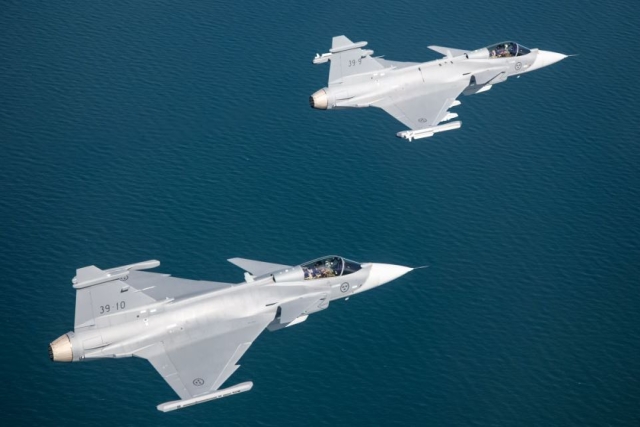Honeywell Successfully Tests New Sensor Technology On Blackhawk Helicopter
Honeywell Aerospace has completed successful testing of its latest Synthetic Vision Avionics Backbone (SVAB) to integrate multiple types of sensors into helicopters with a 3-D view.
Testing conducted on a Blackhawk helicopter confirmed the ability to register and integrate multiple types of data including real-time millimeter wave sensor with pre-existing precision terrain data into the backbone for a realistic visual rendering of the outside environment, giving pilots the most up-to-date information available.
"In addition to giving pilots a dramatic tactical advantage when operating in brownout or whiteout conditions, moving this technology forward means increasing operational safety for our warfighters," said Howard Wiebold, manager of business development, Honeywell. "It increases the number of missions and types of missions commanders can accomplish by simply enabling pilots to fly safely in previously deterred space.
"The system accurately detected obstacles, terrain and power lines, and displayed them in a realistic 3-D view on the current cockpit displays. And while this particular test was done on a Blackhawk, the intent is make this sort of technology available for any number of current and future military helicopter platforms, including Future Vertical Lift platforms," Wiebold said.
"The beauty of the SVAB is that it's 'sensor impartial,' allowing any number of sensors to provide input into the common sensor interface," he said. "This open approach makes way for an efficient upgrade path, especially while research continues into new and improved sensors for use in DVE conditions."
DVE presents a significant challenge for helicopter operators in both the military and commercial sectors through all phases of flight, but especially during landing and takeoff. A recent Department of Defense report stated that nearly two-thirds of all helicopter accidents can be attributed to loss of situational awareness and the inability to detect obstacles such as power lines and wires.
"While the U.S. Army CH-47 Chinook and UH-60 Blackhawk appear to be near-term platforms for implementation, the ultimate aim is to give military operators — the broader U.S. Army, Navy, Marine Corps and Air Force, coupled with NATO allies and commercial operators, flexibility in adopting synthetic vision-based offerings with different sensor packages appropriate to each customer's needs," Wiebold said.









